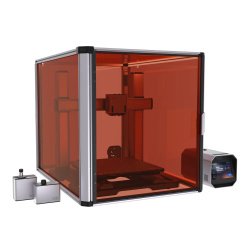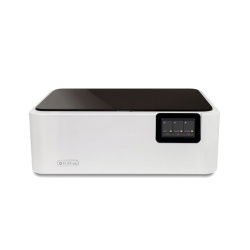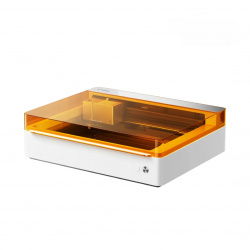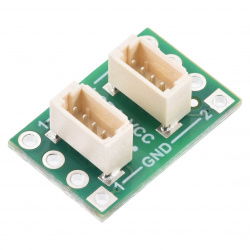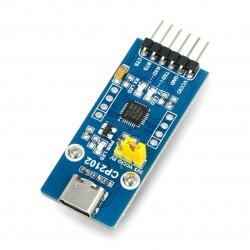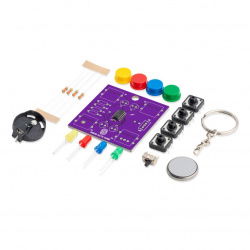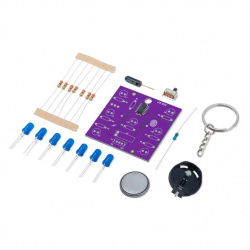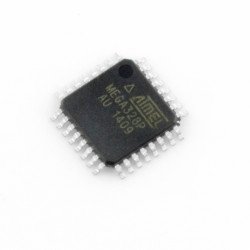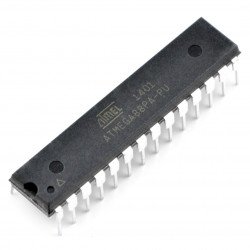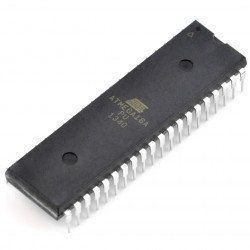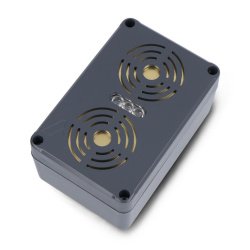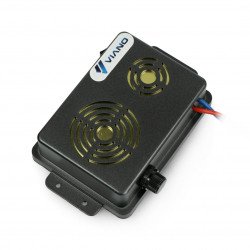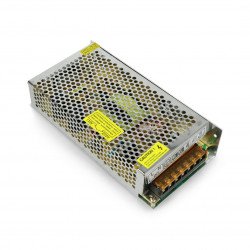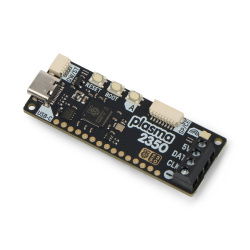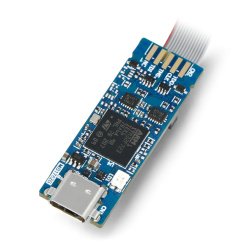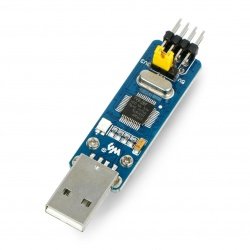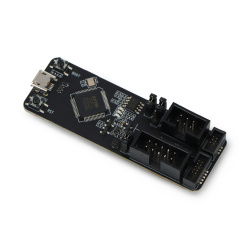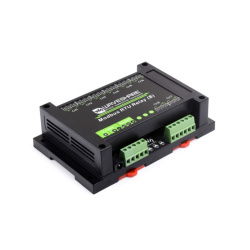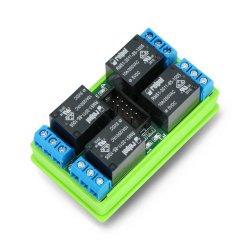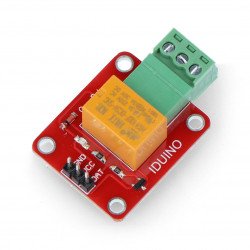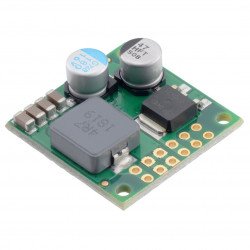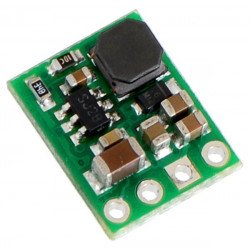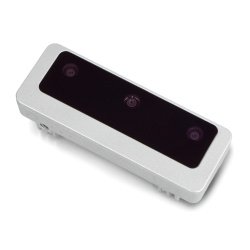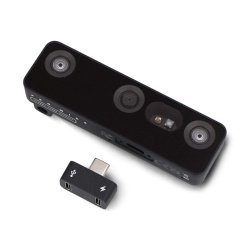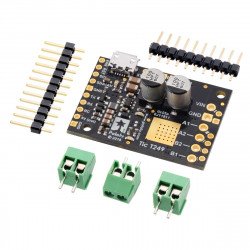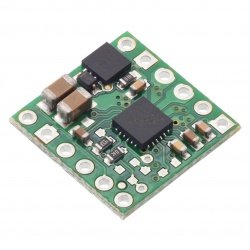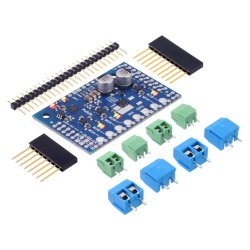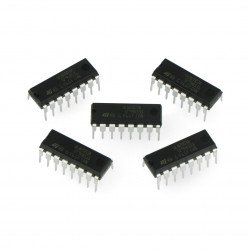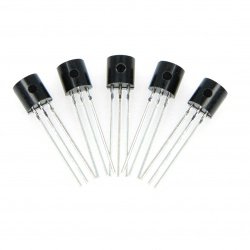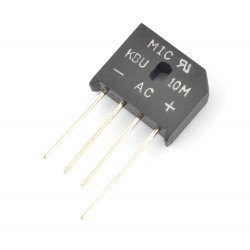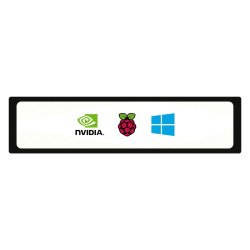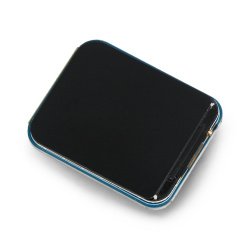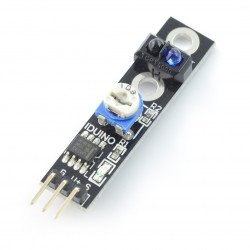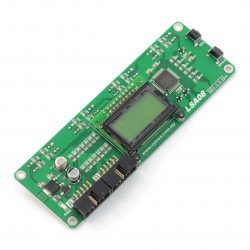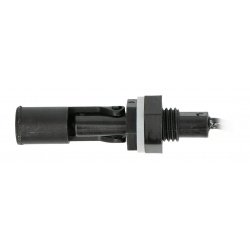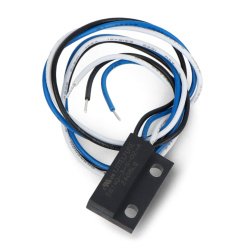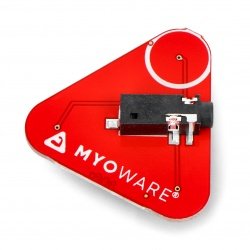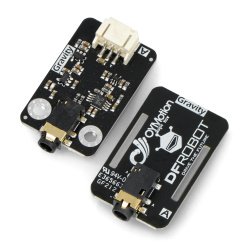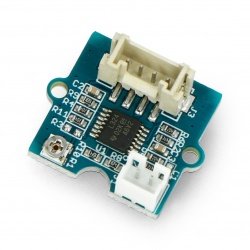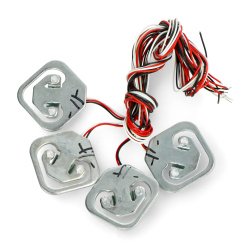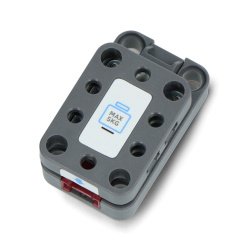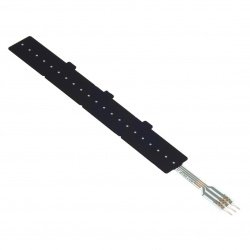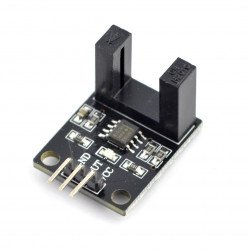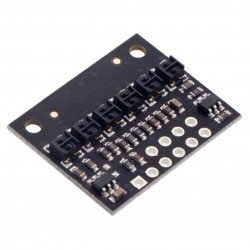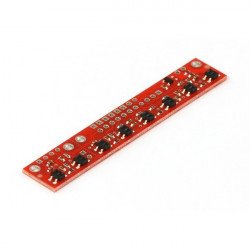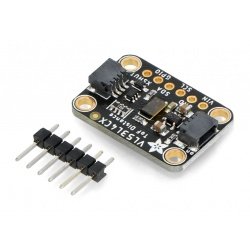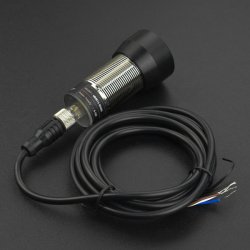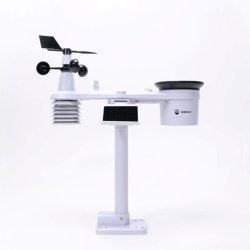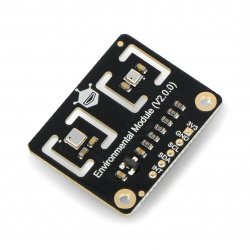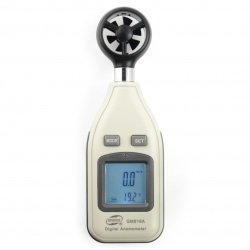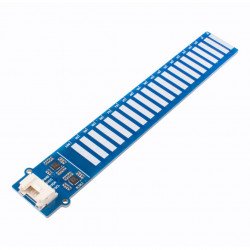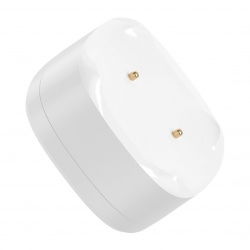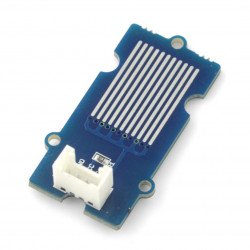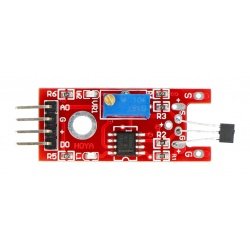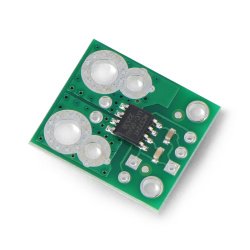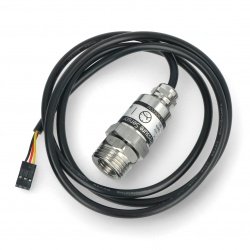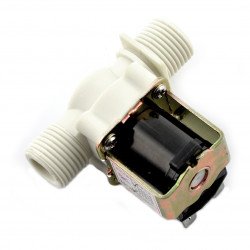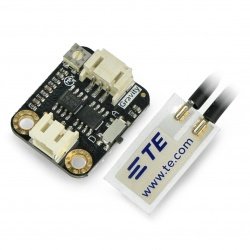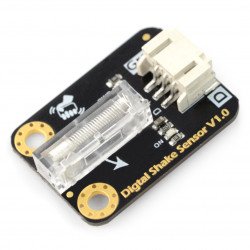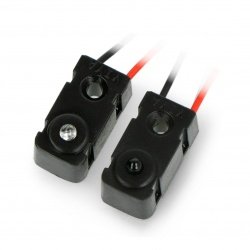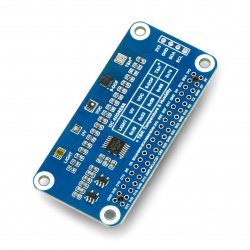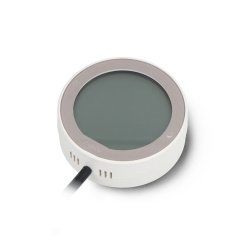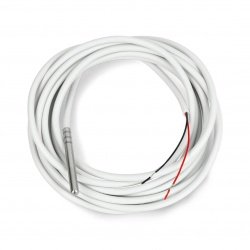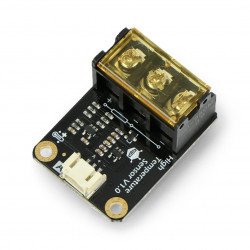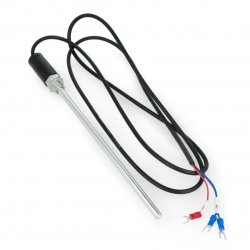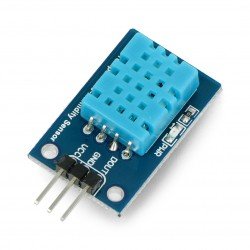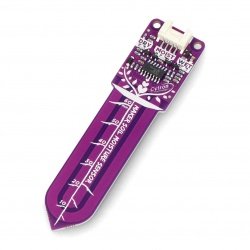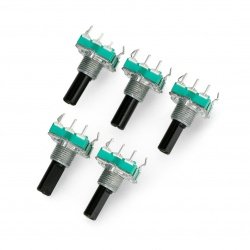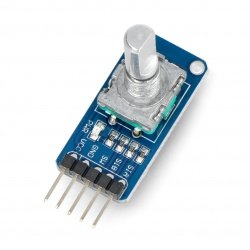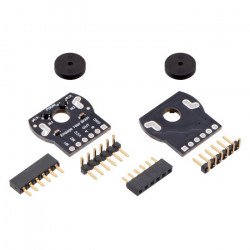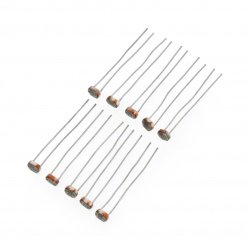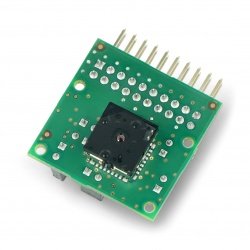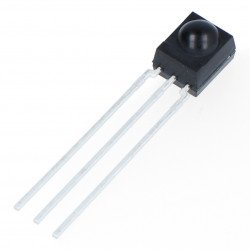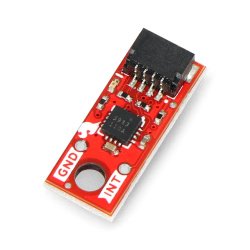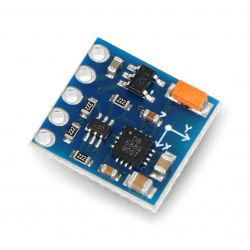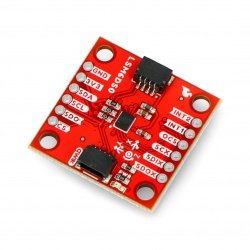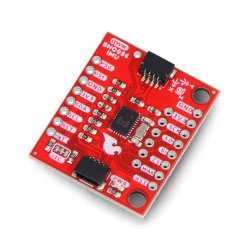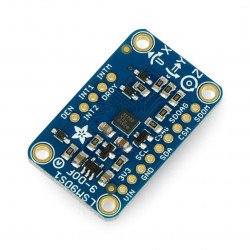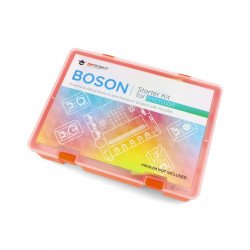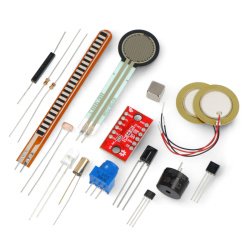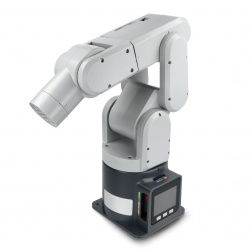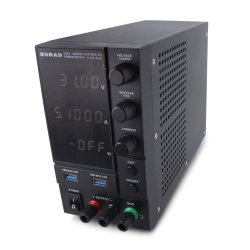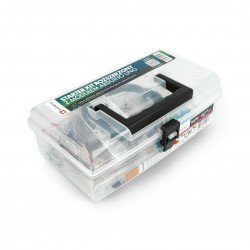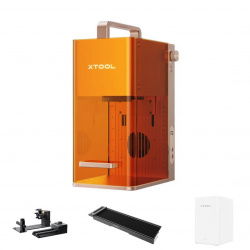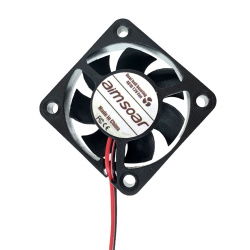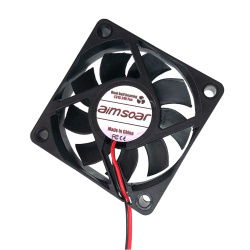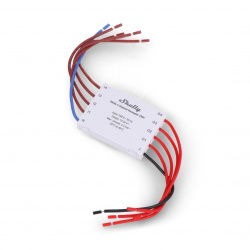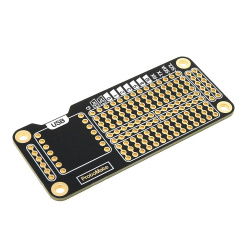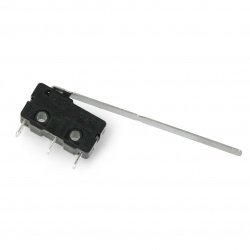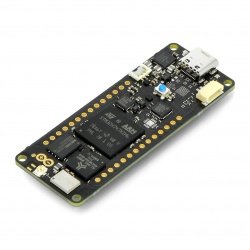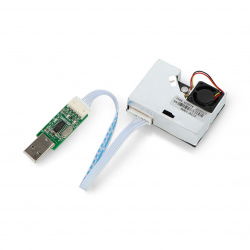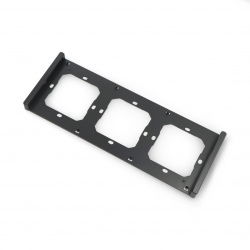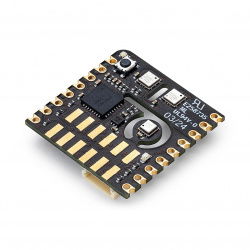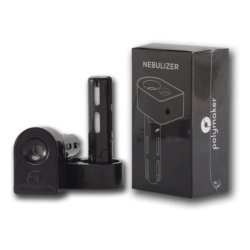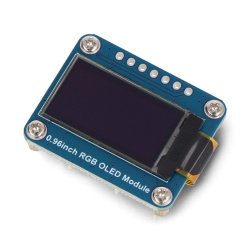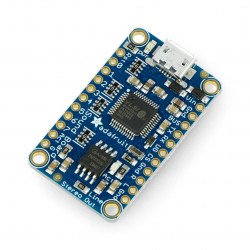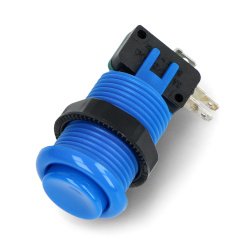IP camera is a device that is able to integrate the camera with transceiverem with the Protocol. This device receives control data and sends the image data via the Internet. So, cameras are widely used for surveillance of premises, shops, etc. unlike the analog cameras of industrial television (CCTV), do not require local recording device, and only access to the normal LAN, which typically is already in place. Such devices have many advantages compared to analog systems. IP cameras typically offer higher image quality at a lower price of the whole setup. In addition, due to the fact that cameras are equipped with transceivers network use the Internet, you can access them from anywhere in the world.
IP cameras
Sonoff Cam-S2 Gen. 2 - WiFi smart IP camera - Android/iOS app
Sonoff Cam-S2 Gen. 2 is a smart indoor surveillance camera with 1080p image quality, advanced motion detection and person recognition functions, and night vision ....Set for wireless monitoring WiFi - recorder + 2x cameras - Zamel ZMB-01
The set allows to create wireless monitoring based on WiFi network - Zamel ZMB-01. The set includes DVR supporting up to 9 cameras and 2 2 MPx Full HD cameras with IR...Sonoff CAM Pan-Tilt 2 - smart 360° WiFi camera - Android/iOS app
The Sonoff CAM-PT2 2 smart WiFi camera is a modern solution for indoor monitoring, offering Full HD 1080p video, 360° panoramic view, intelligent motion detection, and smart...See also
Operating mechanism of the IP camera
The IP camera uses the IP protocol. It is a relatively small device that we connect to a computer or other device, including a mobile one. The recording is made available immediately and the image is visible in real time. So we can observe everything that is happening in the area covered by the camera here and now. The recording is located at the specified network address to which the camera was assigned. The IP camera can be used anywhere. We can watch the recorded image at home while on vacation, and the recording from the office while sitting comfortably in an armchair at home. IP cameras are used especially in places that are extremely vulnerable to burglary, theft and vandalism. Initially, they were installed mainly in banks, public institutions and urban spaces. Nowadays, they can be found more and more often in shops, shopping malls, schools, kindergartens and households.
How to choose an IP camera? What to consider when buying?
IP cameras are a large product group that includes many different device models. To choose the right ones, you need to specify your expectations and take into account the purpose of the camera. The angle of view determines how large an area the camera can cover. If the area is large, the viewing angle should be as wide as possible. Places that are poorly lit and exposed to unfavorable weather conditions and all outdoor areas require a camera with a bright lens or additional lighting. High image resolution is necessary if the camera is to recognize faces. Full HD is the absolute minimum. The method of connection to the network is also important. This can be an Ethernet or WiFi cable. In the latter case, it is worth using the 802.11ac standard. An interesting option is the built-in motion sensor. The image is recorded only when necessary. The IP camera turns on when motion is detected. It is important to pay attention to the ability to record data and video. Sometimes we save data on an SD or microSD card, and sometimes on a network drive.
Some people plan to expand the functionality and capabilities of IP cameras in the future or even in the near future. Not all models are adapted to this. If you want to be able to freely connect the camera to the alarm system, check whether the selected camera has this function. Some of them also have built-in speakers and microphones. In the case of an IP camera mounted outdoors, it must have a high degree of protection to prevent water, dust and other contaminants from entering the installation.
Check out IP cameras in Botland for public and private use.
IP cameras - FAQ
Digital cameras that use the IP protocol are used to build IP monitoring installations. The image recorded by IP cameras is available immediately. Observation can be carried out not only using a computer, but also a mobile device (e.g. smartphone or tablet). IP cameras, depending on the method of data transmission, are divided into wired and wireless. Currently, IP monitoring is widely used in public buildings, private homes and companies, also shopping centers and places particularly exposed to dangerous situations.
IP monitoring is a network of IP cameras connected to a device called a switch via a standard twisted-pair cable. In turn, the switch is connected to the IP recorder. IP monitoring uses the IP protocol. It allows you to achieve high-quality recordings (the quality of the recording depends, among others, on the type and type of camera). IP monitoring is used in 24-hour surveillance of public and private facilities, such as offices, companies, public facilities, shopping centers, shops, service premises and many others.
The range of wired IP monitoring is determined by the length of the cable. In turn, wireless IP monitoring has a varied range and depends on the specific installation, or more precisely, the type of devices it is composed of. Selected wireless monitoring sets have a range of up to several hundred meters in open areas. This value decreases when the signal encounters artificial or natural obstacles. In the cameras and recorders category, in addition to IP cameras, there are also inspection cameras, thermal imaging cameras, car cameras, sports cameras and many others.




